Yuanguo Lin
Attack and defense techniques in large language models: A survey and new perspectives
May 02, 2025



Abstract:Large Language Models (LLMs) have become central to numerous natural language processing tasks, but their vulnerabilities present significant security and ethical challenges. This systematic survey explores the evolving landscape of attack and defense techniques in LLMs. We classify attacks into adversarial prompt attack, optimized attacks, model theft, as well as attacks on application of LLMs, detailing their mechanisms and implications. Consequently, we analyze defense strategies, including prevention-based and detection-based defense methods. Although advances have been made, challenges remain to adapt to the dynamic threat landscape, balance usability with robustness, and address resource constraints in defense implementation. We highlight open problems, including the need for adaptive scalable defenses, explainable security techniques, and standardized evaluation frameworks. This survey provides actionable insights and directions for developing secure and resilient LLMs, emphasizing the importance of interdisciplinary collaboration and ethical considerations to mitigate risks in real-world applications.
Evolutionary Reinforcement Learning: A Systematic Review and Future Directions
Feb 20, 2024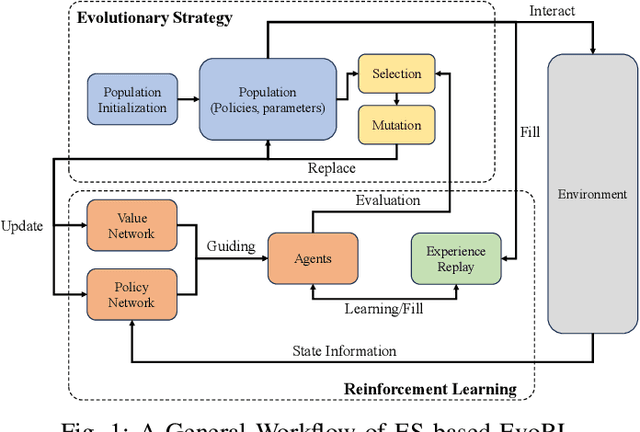

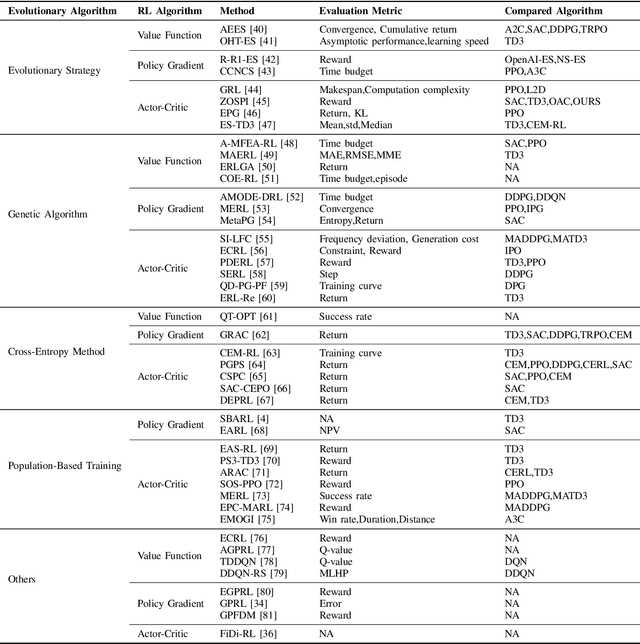

Abstract:In response to the limitations of reinforcement learning and evolutionary algorithms (EAs) in complex problem-solving, Evolutionary Reinforcement Learning (EvoRL) has emerged as a synergistic solution. EvoRL integrates EAs and reinforcement learning, presenting a promising avenue for training intelligent agents. This systematic review firstly navigates through the technological background of EvoRL, examining the symbiotic relationship between EAs and reinforcement learning algorithms. We then delve into the challenges faced by both EAs and reinforcement learning, exploring their interplay and impact on the efficacy of EvoRL. Furthermore, the review underscores the need for addressing open issues related to scalability, adaptability, sample efficiency, adversarial robustness, ethic and fairness within the current landscape of EvoRL. Finally, we propose future directions for EvoRL, emphasizing research avenues that strive to enhance self-adaptation and self-improvement, generalization, interpretability, explainability, and so on. Serving as a comprehensive resource for researchers and practitioners, this systematic review provides insights into the current state of EvoRL and offers a guide for advancing its capabilities in the ever-evolving landscape of artificial intelligence.
A Comprehensive Survey on Deep Learning Techniques in Educational Data Mining
Sep 09, 2023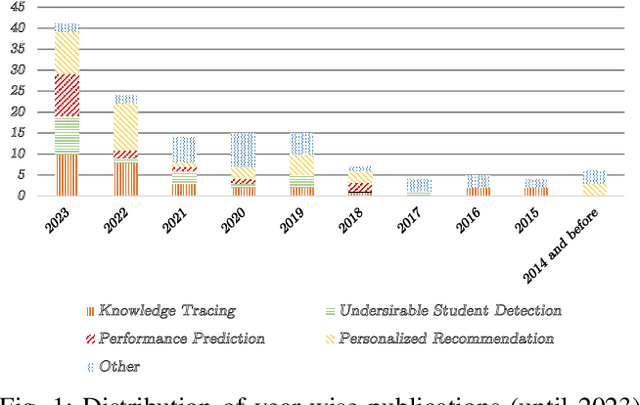
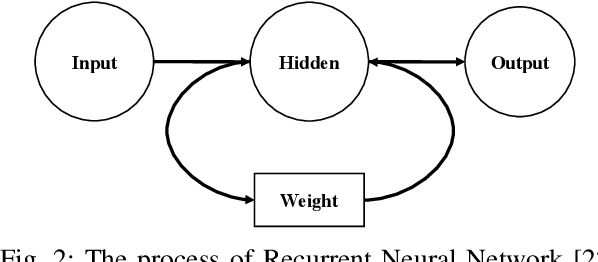
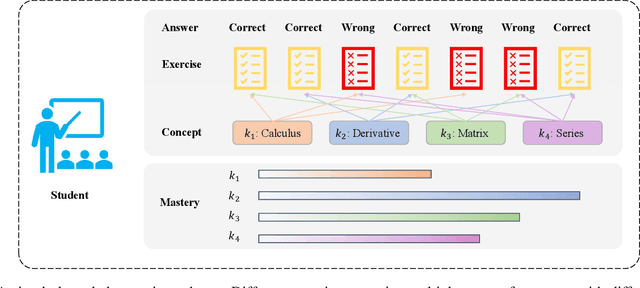
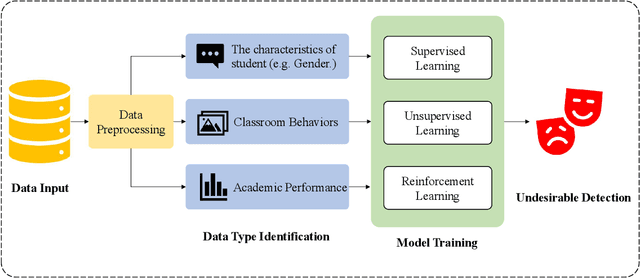
Abstract:Educational Data Mining (EDM) has emerged as a vital field of research, which harnesses the power of computational techniques to analyze educational data. With the increasing complexity and diversity of educational data, Deep Learning techniques have shown significant advantages in addressing the challenges associated with analyzing and modeling this data. This survey aims to systematically review the state-of-the-art in EDM with Deep Learning. We begin by providing a brief introduction to EDM and Deep Learning, highlighting their relevance in the context of modern education. Next, we present a detailed review of Deep Learning techniques applied in four typical educational scenarios, including knowledge tracing, undesirable student detecting, performance prediction, and personalized recommendation. Furthermore, a comprehensive overview of public datasets and processing tools for EDM is provided. Finally, we point out emerging trends and future directions in this research area.
A Survey on Reinforcement Learning for Recommender Systems
Sep 22, 2021



Abstract:Recommender systems have been widely applied in different real-life scenarios to help us find useful information. Recently, Reinforcement Learning (RL) based recommender systems have become an emerging research topic. It often surpasses traditional recommendation models even most deep learning-based methods, owing to its interactive nature and autonomous learning ability. Nevertheless, there are various challenges of RL when applying in recommender systems. Toward this end, we firstly provide a thorough overview, comparisons, and summarization of RL approaches for five typical recommendation scenarios, following three main categories of RL: value-function, policy search, and Actor-Critic. Then, we systematically analyze the challenges and relevant solutions on the basis of existing literature. Finally, under discussion for open issues of RL and its limitations of recommendation, we highlight some potential research directions in this field.
 Add to Chrome
Add to Chrome Add to Firefox
Add to Firefox Add to Edge
Add to Edge